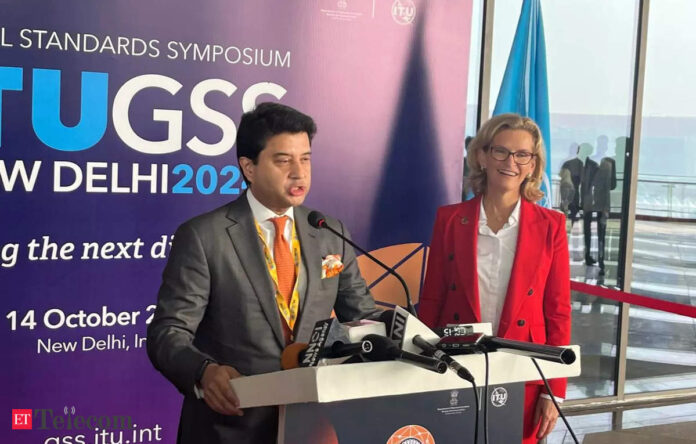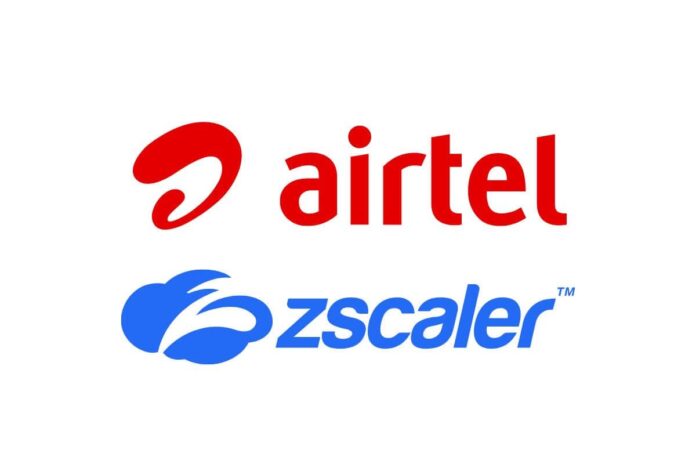In Short:
An official from BSNL and MTNL warned that artificial intelligence (AI) without safety measures could harm the ecosystem. He emphasized the need for a transparent and accountable framework, proposing India’s development of a common AI stack to ensure data protection and ethical standards. He also highlighted the importance of standardizing AI governance and addressing biased outcomes in AI training datasets.
NEW DELHI: The development of the artificial intelligence (AI) ecosystem may be jeopardized without appropriate safety measures, as emphasized by Robert J Ravi, the Chairman and Managing Director (CMD) of Bharat Sanchar Nigam Limited (BSNL) and Mahanagar Telephone Nigam Limited (MTNL).
Need for a Regulated AI Framework
During his address at the fifth edition of the Global Standards Symposium (GSS), Ravi stated, “AI without proper safeguards can pose a risk to the development of the ecosystem. Therefore, it is crucial to establish a framework that fosters a vibrant AI ecosystem, ensuring transparency, fairness, and accountability. This could encompass a common AI stack.”
India’s Initiative for a Common AI Stack
Ravi highlighted that India is in the process of developing its common stack, which aims to create an environment conducive to leveraging AI capabilities across various sectors.
“This stack will need to be structured to ensure data protection, incorporating elements of data federation, data minimization, open algorithm frameworks, defined data structures, interfaces, protocols, monitoring, auditing, logging, data privacy, ethical standards, digital rights, and trustworthiness,” he elaborated.
Importance of Standardization
According to Ravi, the proposed stack will play a critical role. “It is imperative that all countries develop a standard model to protect consumers, users, businesses, and governments. India aspires to lead this initiative and has a stack that can be managed effectively,” he remarked.
He also stressed the necessity of standardizing a governance framework for AI, proposing two approaches for this endeavor. “Firstly, the government could delineate expectations, allowing participants to implement AI as they see fit. Secondly, public and regulators should engage and collaborate with the vibrant industries,” he noted.
The Growing Landscape of AI
The recent surge in AI applications spans multiple sectors, including telecommunications, manufacturing, customer service, healthcare, and banking and financial services (BFSI).
However, India’s lack of specific legislation governing AI, contrasting with the European Union’s comprehensive ‘EU AI Act’ introduced last year, raises significant concerns.
One major issue cited by officials is the potential “contamination” of datasets used for training AI models, which can lead to biased results.
About the Global Standards Symposium
The GSS, which gathers thought leaders, innovators, decision-makers, and regulators, is chaired by Rajkumar Upadhyay, CEO and Chairman of the Project Board at the Centre for Development of Telematics (C-DoT). This year’s theme, “Charting the Next Digital Wave: Emerging Technologies, Innovation, and International Standards,” emphasizes the impact of innovative technologies and international standards on the digital landscape.
This conference sets the groundwork for WTSA-24, scheduled for October 15-24, 2024, in New Delhi. WTSA is a global conference of the International Telecommunication Union (ITU), focused on the standardization of Information and Communications Technologies (ICTs).





